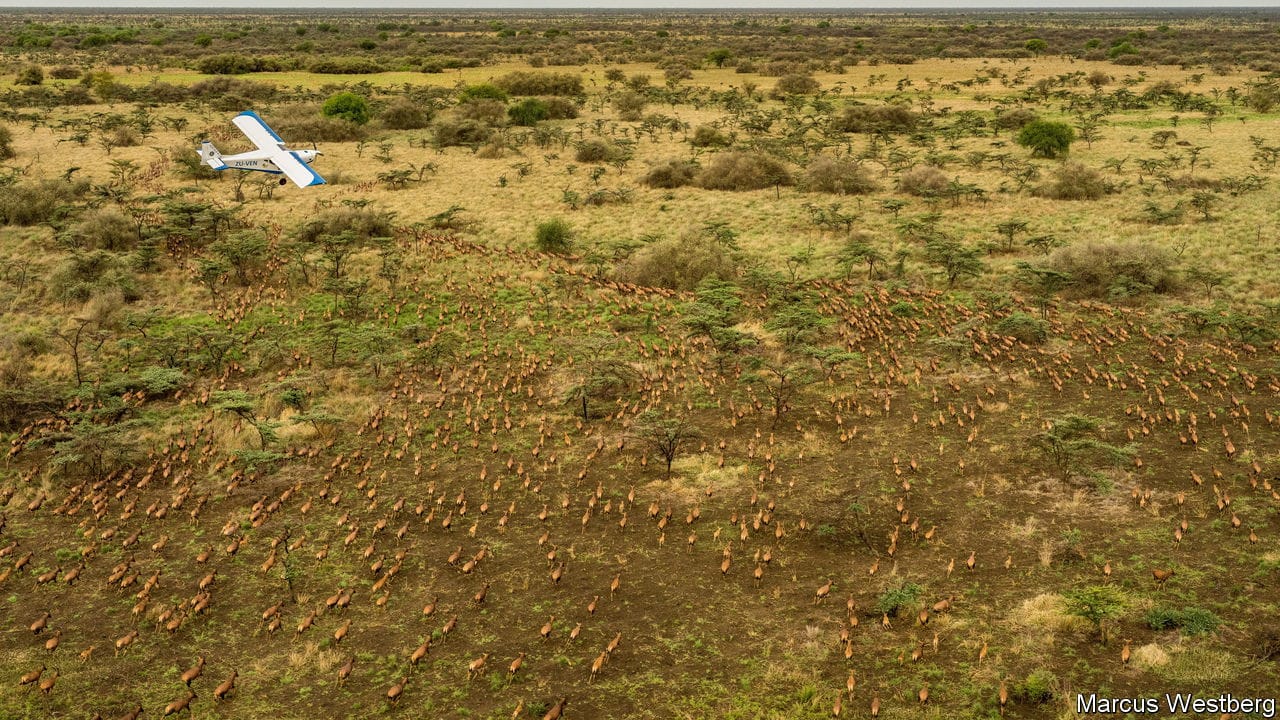Why economists love “Robinson Crusoe”
The classic yarn of a shipwrecked sailor reveals a lot about scarcity

After spending 28 years, two months and 19 days marooned on an island, Robinson Crusoe does not lose his nose for adventure or his “native propensity to rambling”. He crosses the Pyrenees, stalked by “hellish wolves”, witnesses the “pomp and poverty” of China and battles Tartars on the Russian steppe.
The character’s strangest adventure, however, is none of these. It is surely his centuries-long ramble through the literature of economics. Crusoe has appeared in Karl Marx’s “Das Kapital”, John Maynard Keynes’s “General Theory” and Milton Friedman’s Chicago lectures on “Price Theory”. He has an entry in the New Palgrave Dictionary of Economics. And he often washes up in economics textbooks.
This article appeared in the Christmas Specials section of the print edition under the headline “Why economists love “Robinson Crusoe””
Christmas Specials December 23rd 2023
- On safari in South Sudan, one of the world’s most dangerous countries
- Many Trump supporters believe God has chosen him to rule
- Global warming is changing wine (not yet for the worse)
- How five Ukrainian cities are coping, despite Putin’s war
- A tale of penguins and prejudice is a parable of modern America
- What the journey of a pair of shoes reveals about capitalism
- A short history of tractors in English
- Millions of Chinese are venturing to the beach for the first time
More from Christmas Specials

On safari in South Sudan, one of the world’s most dangerous countries
The planet’s biggest conservation project is in its least developed nation

Many Trump supporters believe God has chosen him to rule
The Economist tries to find out why

Wine and climate
Global warming is changing wine (not yet for the worse)
New vineyards are popping up in surprising places; old ones are enduring
How five Ukrainian cities are coping, despite Putin’s war
From ravers to rubbish collectors, residents tells their stories
A tale of penguins and prejudice is a parable of modern America
When two male penguins hatched an egg in Central Park, they set off an enduring controversy
What the journey of a pair of shoes reveals about capitalism
And how Indonesia, the world’s largest Muslim country, is changing
